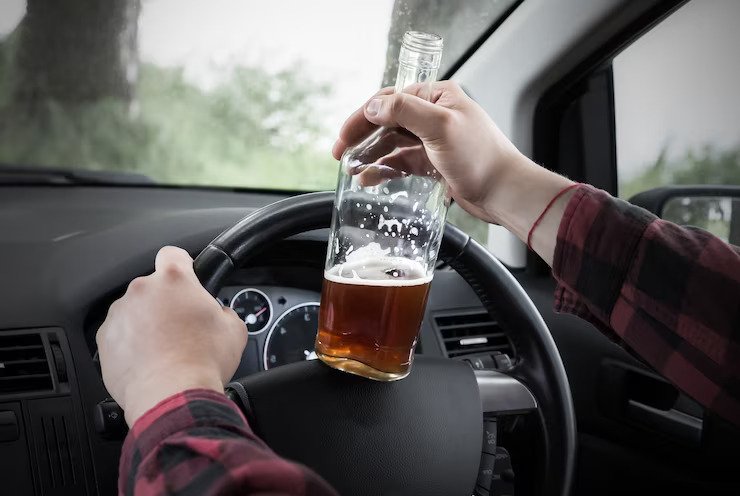Many people take great care to never get behind the wheel after drinking alcohol. But even if you’re totally sober and haven’t had a single sip, you could still be arrested, fined, or even sent to jail, merely because of the presence of alcohol in your vehicle. This is all due to open container laws.
The legal implications of open container laws can be serious, and they apply to both drivers and passengers. If you’re not sure how they work or have any questions, read on to learn more.
What Are Open Container Laws?
Open container laws prohibit people from having any kind of open container of alcohol, either in their vehicle or on their person in public areas. For example, someone could be charged under these laws if they’re found with some open cans of beer in the back of their car during a routine traffic stop.
Are Open Container Laws State Or Federal Laws?
Open container laws purely exist at a state level. There isn’t any federal law regarding open containers. Instead, it’s up to each state to decide whether or not it has open container laws, how to enforce them, and what potential punishments apply to those found with open containers in their vehicles or in public.
Like many other state laws, conditions can vary quite a lot from one state to the next. In the state of Mississippi, for example, there are no official open container laws, and both drivers and passengers are allowed to drink in a vehicle. However, other states, like Kansas, have a totally different approach, with a risk of up to six months in jail for offenders.
What Counts As An “Open Container”?
The term “open container” may seem a little vague to some, so let’s break it down and explain each word individually. The word “container” can essentially refer to anything you could drink alcohol from. This includes the most obvious examples, like beer cans or wine bottles. But it also applies to small metal flasks, plastic bottles, and so on. If you can drink from it, it counts.
For a container to be classed as “open,” the seal should be broken or the cap removed. The “open” definition also applies if some of the contents of the container have been drunk or removed somehow. If you have a sealed pack of beer in your car, that’s not an issue. But if any of those cans have been opened, you could be charged by officers who decide to stop you.
Also, it’s worth noting that open container laws usually only apply to containers that are within easy access of the driver or passengers. So, let’s say that you’ve got some open bottles or flasks sealed up in the trunk. That shouldn’t be a problem, and you won’t have to worry.

What’s The Purpose Of Open Container Laws?
Supporters of open container laws typically cite two main arguments in their favor. First, these laws help to prevent people from getting drunk in public and causing problems or making a nuisance of themselves. Second, they also discourage people from getting drunk while driving, which should help to prevent accidents and make the roads safer for everybody.
What Are The Penalties For Being Caught With An Open Container?
Those found with open alcohol containers in their vehicles – including passengers, as well as drivers – may face an array of penalties:
- Fines of anywhere from $25 all the way to $1,000+
- Jail sentences of up to 12 months
- License suspension for a set period of time
As you can see, the range of punishments is vast. In some states, first offenders will only have the smallest fines to pay. In other locations, or in the case of repeat offenders, the penalty can be far harsher, with lengthy spells behind bars and long-term driving bans.
Know The Laws In Your State
It’s so easy to fall foul of open container laws, especially if you’re not fully aware of how they work in your state. To stay safe, avoid fines, and keep your record clear, make sure you know exactly how open container laws work in your location. Seek legal advice if you’re unsure about anything, and always keep your vehicle clear of any alcohol. That way, you shouldn’t have to worry about a thing.
Read Also:




























